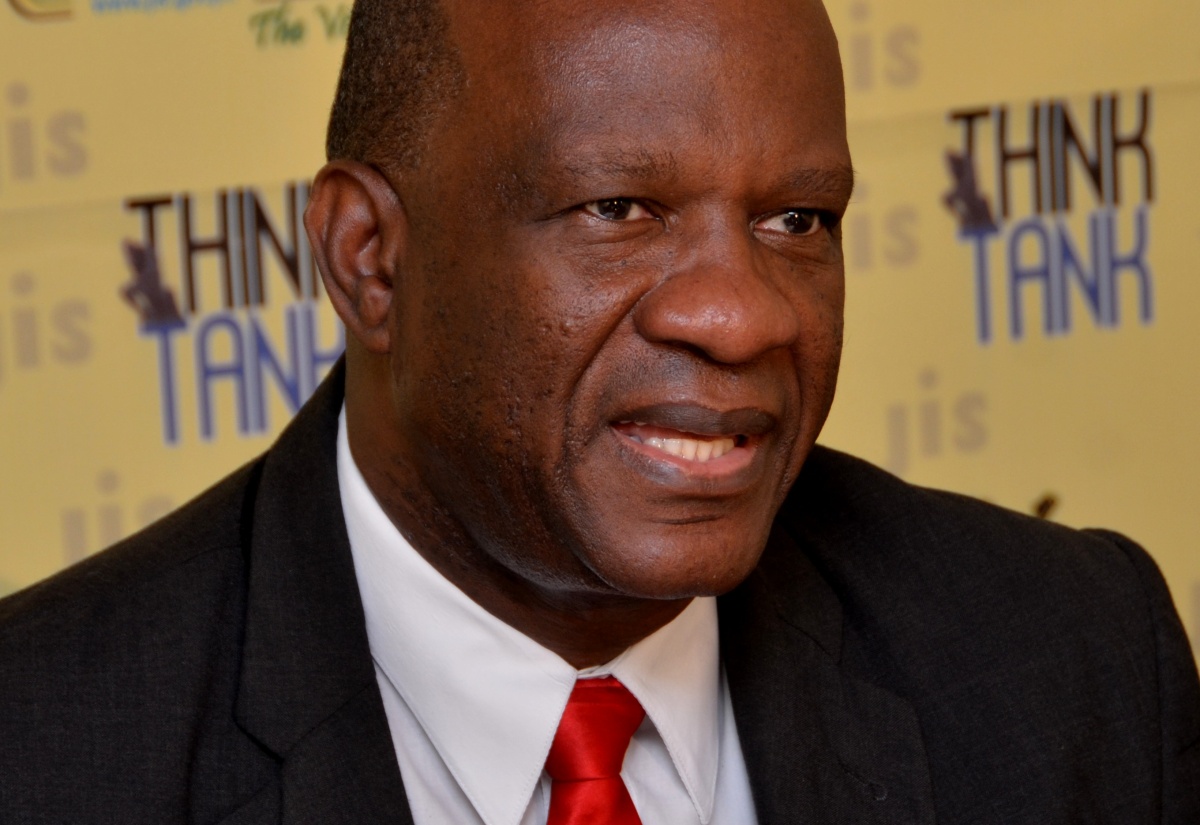Police, Justices of The Peace to be Trained in Legal Issues
By: , January 8, 2016The Key Point:
The Facts
- Mr. Faulkner noted that the role of the JP is very important; however there are functions for which an attorney must be made available or else the process of justice will be compromised.
- Over 130 police personnel and JPs from Kingston, St. Andrew and St. Catherine were trained in 2015 through the community services component of the Citizen Security and Justice Programme (CSJP).
The Full Story
More law enforcement personnel and Justices of the Peace (JPs) are to be trained in legal issues and responsibilities, as the Government seeks to advance the Justice Reform Agenda.
Executive Director of the Legal Aid Council, Hugh Faulkner, told JIS News in an interview that the aim is to ensure that the parties fully understood and observe their role in ensuring that incarcerated persons have access to justice.
Among other things, the training will clearly outline and differentiate the functions of JPs from those of attorneys.
“We are indicating to all parties that due process and representation must be afforded to suspects (in custody). With each party (police officer, JP and attorney) knowing his or her role, we believe that the interest of justice will be better served,” he said.
Mr. Faulkner noted that the role of the JP is very important; however there are functions for which an attorney must be made available or else the process of justice will be compromised.
“The police are responsible for informing a suspect that he or she is entitled to an attorney, whether retained privately or through the Legal Aid Council,” he pointed out.
“Even though a JP may be present … there are other legal protective mechanisms that a lawyer will ensure are carried out,” Mr. Faulkner said, such as during the question and answer process and the identification parade.
“The lawyer ensures that the process is carried out in accordance with all the provisions of the law and the applicable guidelines,” he stressed.
Mr. Faulkner told JIS News that if these procedures are not followed, the validity and admissibility of any evidence gathered in the absence of the suspect’s attorney can be challenged in court.
Mr. Faulkner pointed out that the attorney’s involvement is not an interruption of the investigative process, but “is a necessary part of the process of justice as each citizen is presumed to be innocent until proven guilty, if proven guilty any at all.”
Over 130 police personnel and JPs from Kingston, St. Andrew and St. Catherine were trained in 2015 through the community services component of the Citizen Security and Justice Programme (CSJP).
Among issues addressed were: the rights of suspects at the question and answer and identification parade; station or court bail application; child diversion; legal aid for children; court assignments; and cautioned statements.


